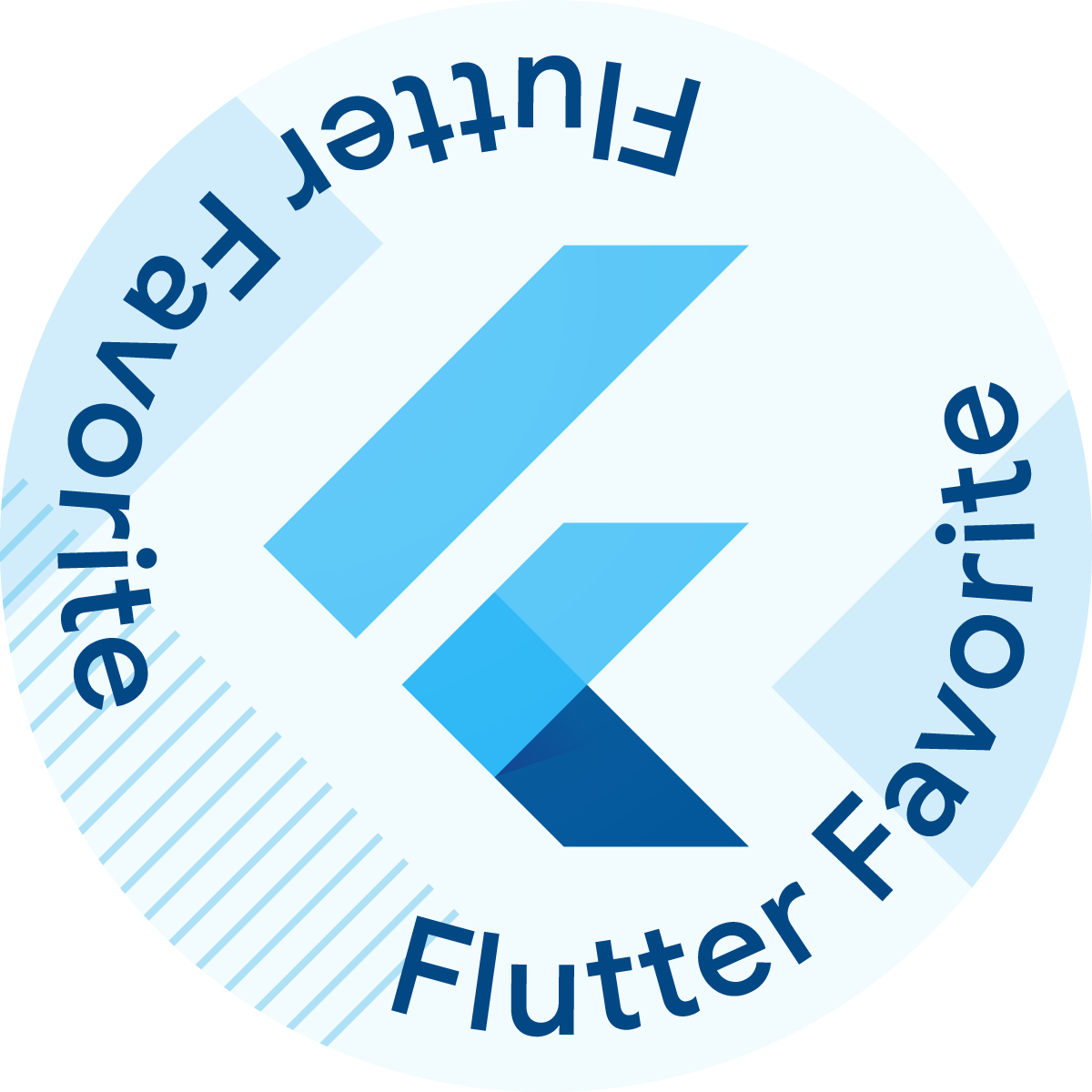A reactive caching and data-binding framework. https://riverpod.dev
Riverpod makes working with asynchronous code a breeze by:
- handling errors/loading states by default. No need to manually catch errors
- natively supporting advanced scenarios, such as pull-to-refresh
- separating the logic from your UI
- ensuring your code is testable, scalable and reusable
| riverpod |  |
|---|---|
| flutter_riverpod |  |
| hooks_riverpod |  |
Welcome to Riverpod (anagram of Provider)!
For learning how to use Riverpod, see its documentation:
>>> https://riverpod.dev <<<
Long story short:
-
Define network requests by writing a function annotated with
@riverpod:@riverpod Future<String> boredSuggestion(BoredSuggestionRef ref) async { final response = await http.get( Uri.https('https://boredapi.com/api/activity'), ); final json = jsonDecode(response.body); return json['activity']! as String; }
-
Listen to the network request in your UI and gracefully handle loading/error states.
class Home extends ConsumerWidget { @override Widget build(BuildContext context, WidgetRef ref) { final boredSuggestion = ref.watch(boredSuggestionProvider); // Perform a switch-case on the result to handle loading/error states return switch (boredSuggestion) { AsyncData(:final value) => Text('data: $value'), AsyncError(:final error) => Text('error: $error'), _ => const Text('loading'), }; } }
Contributions are welcome!
Here is a curated list of how you can help:
- Report bugs and scenarios that are difficult to implement
- Report parts of the documentation that are unclear
- Fix typos/grammar mistakes
- Update the documentation or add examples
- Implement new features by making a pull-request











